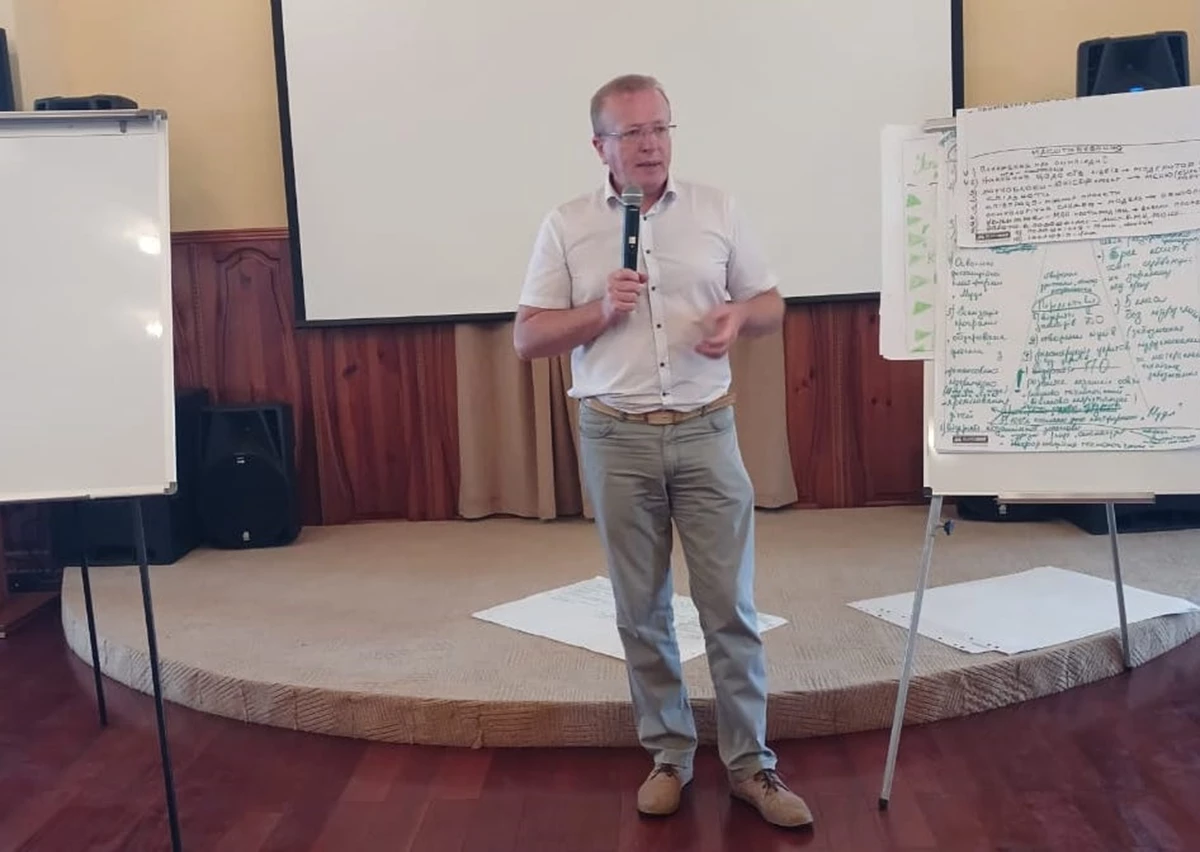
About a hundred heads of education management bodies of district military administrations and territorial communities took part in the training.
“Quality education in the region: present and future” – this was the theme of the Educational Academy for heads of education departments of territorial communities, which was held on July 5 in the village of Plavya (Koziv village council) of Stryi district.
The event was held in the format of a management intensive, organized by the Department of Education and Science of the Lviv Oblast. About a hundred heads of education management bodies of district military administrations and territorial communities took part in the training.
The Director of the Department of Education and Science of the Lviv Ova Oleg Paska introduced the audience to the Education Development Strategy of the Lviv Oblast: its achievements, risks and prospects.
He emphasized that only those communities that will create and build a modern digital school, where students, teachers, and parents will want to go, will have a successful future.
At the same time, representatives of the educational management vertical and departments of education should become leaders of changes and innovations, centers of methodical and social support for teachers.
Oleg Paska also reminded that communities are managers of considerable budgets, but they often approach education needs on a residual basis, hoping for the region.
“It shouldn’t be like that. In particular, in the case of equipment and construction of shelters, the department is counting on the effective participation of communities,” he said.
At the same time, Oleg Paska added that the positive educational practices of communities will be scaled to the entire region.
Then the participants of the Educational Academy worked in groups formed according to the territorial principle. They were headed by heads of community education departments. The task is to identify one of the most successful, problematic and promising cases that are inherent in the educational life of the community. All raised issues have been thoroughly worked out. Namely, they identified common achievements and problems for 2022/2023, challenges that will have to be responded to in the next academic year. Specific educational problem cases characteristic of individual communities were also analyzed.

